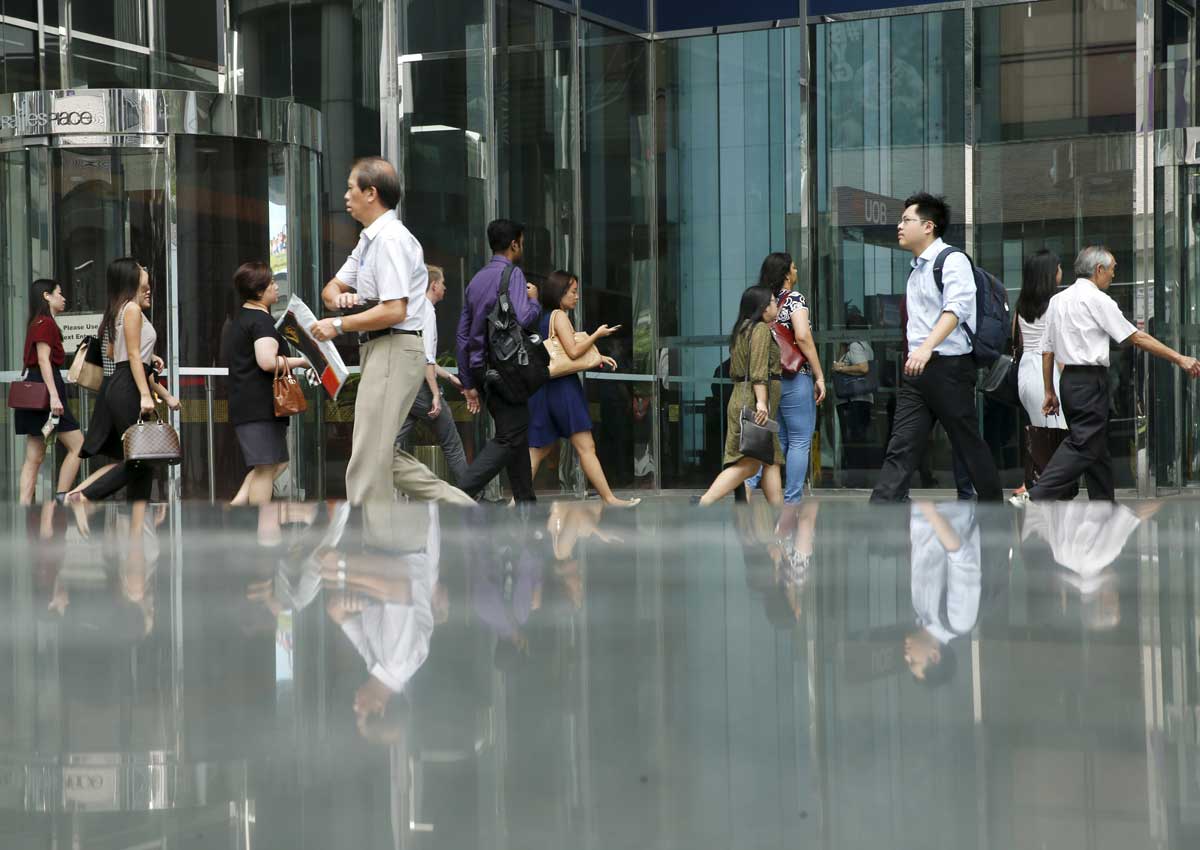Several MPs called for the Government to address the concerns of different income groups. Here are the points raised:
1. HIGH INCOME
Tax cap burdens working mothers
The introduction of a cap of $80,000 on personal income tax reliefs was highlighted by Nee Soon MPs Lee Bee Wah and Mr Louis Ng.
This change will mostly affect working mothers with higher incomes because they receive the Working Mother’s Child Relief.
MacPherson MP Tin Pei Ling, who asked for the rationale behind the tax cap, said it made working mothers feel singled out, and they also wondered if they were being penalised for having a career and children at the same time.
Ms Lee said a mother of three told her that the tax cap will increase her tax burden by 20 per cent and she was reconsidering having a fourth child.
She said: “I know this cap is expected to net $100 million a year in revenue, but I certainly hope it will not turn out to be ‘penny wise pound foolish’ by driving high-income mothers away from the workforce, or reducing the number of children they add to our future workforce.”
Tanjong Pagar MP Joan Pereira appealed for the cap to be lifted for those who are widowed or divorced as they usually face more challenges, such as raising families on their own.
She added: “Many of these women hold senior positions in their demanding careers and have to juggle pressing family needs as well.”
2. MIDDLE INCOME
Household type not reflective
Chua Chu Kang MP Zaqy Mohamad and Mountbatten MP Lim Biow Chuan suggested that housing type should not be used as a criteria to determine qualification for government schemes.
For instance, it was announced in the Budget speech that seniors who own five-room flats would not qualify for the Silver Support Scheme.
Mr Zaqy said: “Many of my older residents have asked the Government to move away from using household types as a cut-off because it is no longer reflective of income and wealth.
“For example, today, a five-room flat in Choa Chu Kang sells for about $450,000 to $488,000, compared to a three-room flat selling at $550,000 in Upper Cross Street or a four-room flat selling at $900,000 at the Pinnacle.”
Nominated MP and unionist K. Thanaletchimi questioned why middle-income earners – also known as the sandwiched class – did not receive any tax rebates this year.
Ms Thanaletchimi called for more to be done to assist middle-income workers who have lost their jobs, as the job search can take more than six months to a year.
Ang Mo Kio MP Gan Thiam Poh is also concerned about the re-employability of these middle-aged or older PMETs, calling them an “easy choice of the company’s cost-cutting restructuring measures”.
He urged the Government to incentivise employers to keep the jobs for these experienced PMETs and to allocate more funds to the Career Support Programme (CSP), which has a wage-support component and makes it attractive for employers to hire such individuals in any job that pays a gross salary of at least $4,000 a month.
3. LOW INCOME
Mandatory AWS in some industries
To help low-wage workers, Pasir Ris-Punggol MP and NTUC assistant secretary-general Zainal Sapari called for annual wage supplements and increments to be mandatory in the cleaning, security and landscape industries.
Jurong MP Tan Wu Meng called for our socio-economic system to remain progressive and to support social mobility by giving every child a fair start in life. He added: “When a child from a disadvantaged background does well, it helps uplift the rest of the family.”
Jurong MP Rahayu Mahzam thinks that more can be done for students from these families to enhance social mobility. She suggested the need for these students to build social capital, which is the access to resources and networks, to move up the social ladder.
For instance, there can be coordinated interactions, such as sharing sessions and peer mentoring programmes among students from diverse backgrounds in secondary schools, polytechnics and ITEs.

This article was first published on April 6, 2016.
Get The New Paper for more stories.






